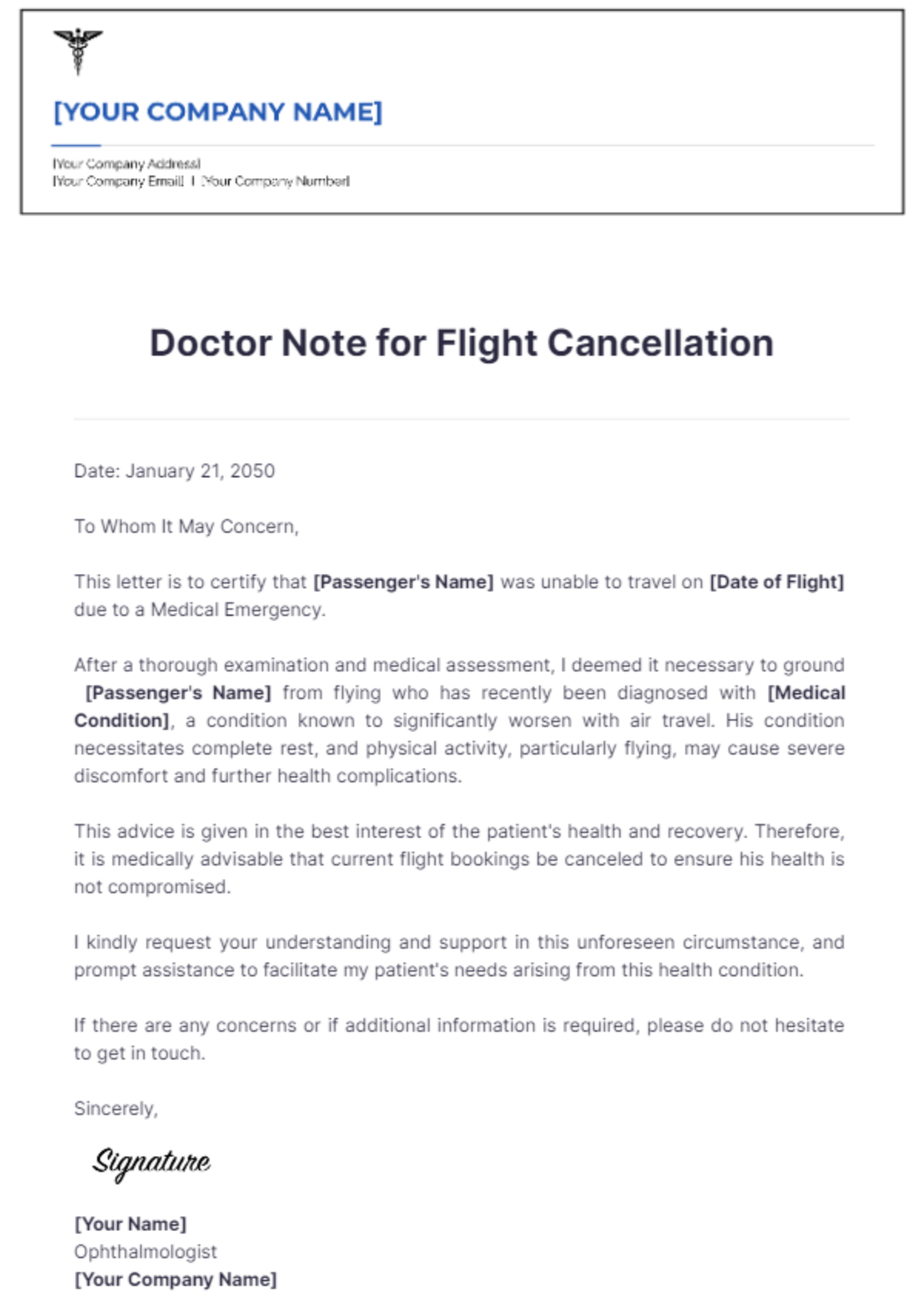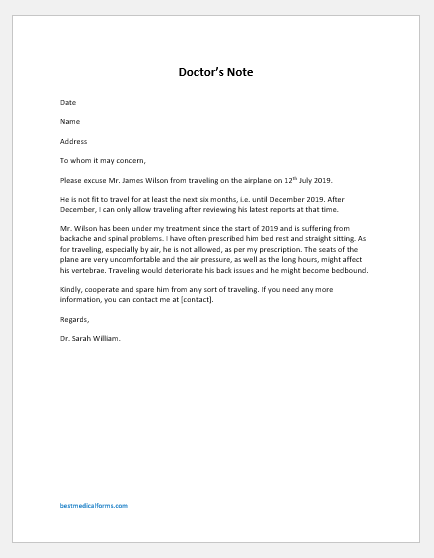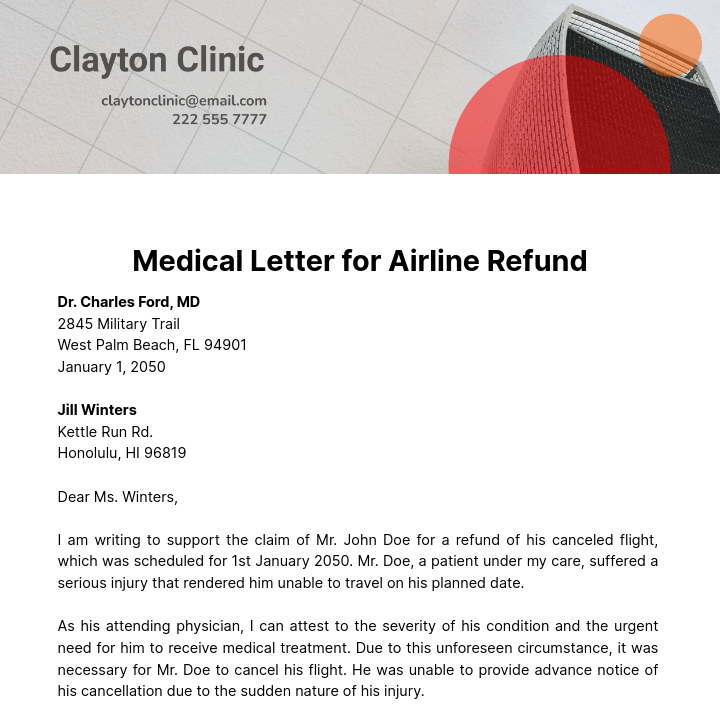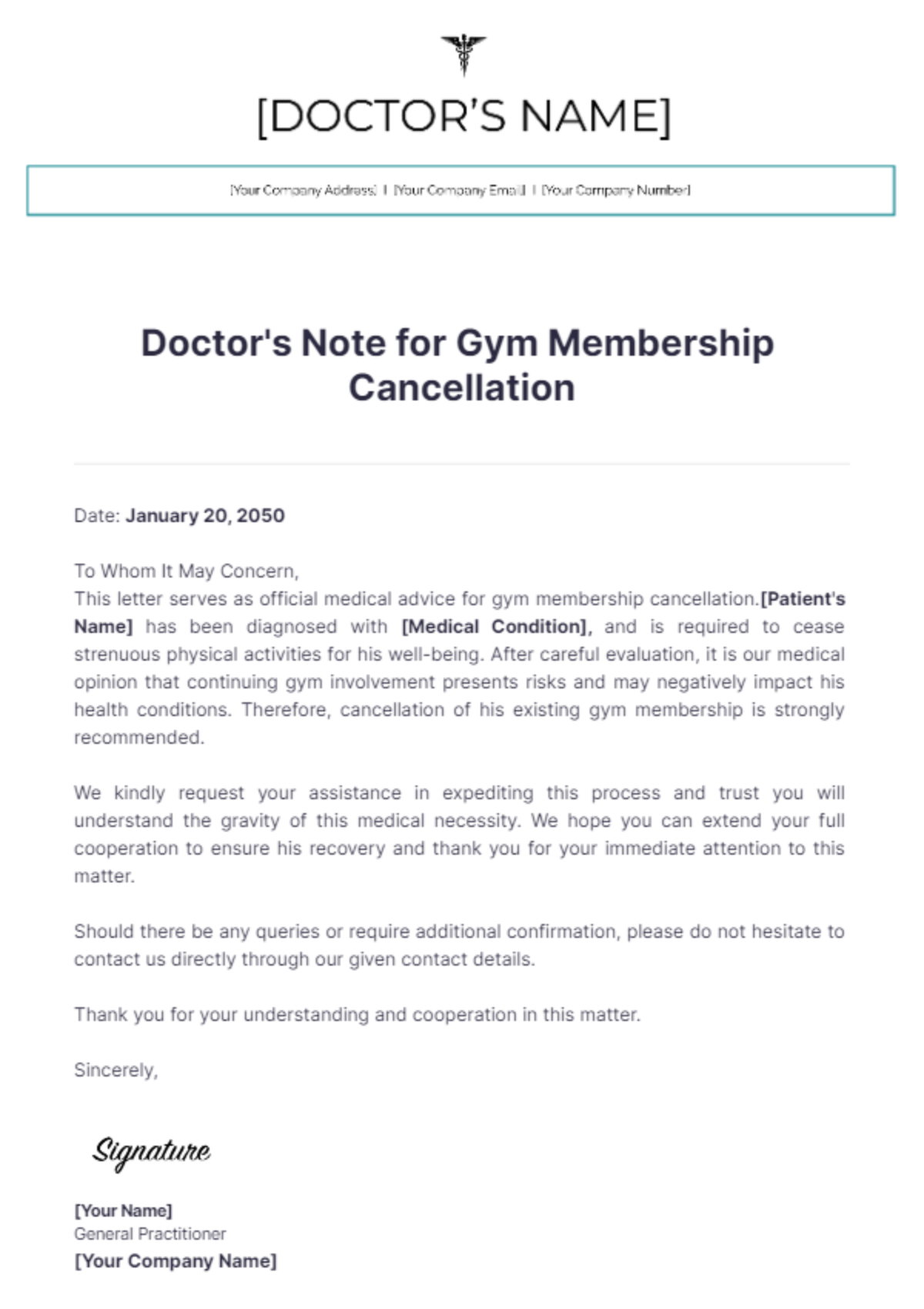Understanding the Importance of a Medical Travel Letter
Traveling often brings excitement and adventure, but sometimes life throws us curveballs, like health issues that prevent us from embarking on our planned journeys. Whether it’s a sudden illness, chronic condition flare-up, or recovery period, not being able to travel can be disappointing.
This article will guide you through the process of writing a letter when you cannot travel due to medical reasons. We’ll share a sample letter, travel tips for those facing similar challenges, and personal experiences to make the journey a bit easier.
When Do You Need a Medical Travel Letter?
A medical travel letter may be required in several situations:
- To request a refund from travel companies.
- For insurance claims related to trip cancellations.
- To inform employers or agencies about your inability to travel.
Sample Letter: Unable to Travel Due to Medical Reasons
Letter Structure
Here’s a simple format to help you draft your letter:
Your Address
[Your Address]
[City, State, Zip Code]
[Email Address]
[Date]
Recipient’s Address
[Recipient’s Name]
[Company/Organization Name]
[Address]
[City, State, Zip Code]
Subject
Subject: Unable to Travel Due to Medical Reasons
Body
Dear [Recipient’s Name],
I am writing to formally inform you that I am unable to travel to [destination] on [dates], due to medical reasons. I was recently diagnosed with [brief description of condition], and my healthcare provider has advised against traveling at this time.
Given these circumstances, I kindly ask for your understanding and assistance. I am seeking [mention specific action required, like a refund, rescheduling, etc.]. I have attached the necessary medical documentation for your reference.
Thank you for your understanding.
Sincerely,
[Your Name]
Key Points to Consider When Writing Your Letter
When composing your letter, keep these tips in mind:
- Be Clear and Concise: Clearly state your inability to travel and the reasons behind it.
- Attach Medical Documentation: Supporting documents lend credibility to your request.
- Keep a Professional Tone: While it’s important to be personal, maintain professionalism.
Travel Tips for Those Unable to Travel
1. Explore Virtual Travel Options
While you may not be able to physically travel, many tours now offer virtual experiences. Consider booking online tours of museums, landmarks, and cultural activities from the comfort of your home.
2. Local Exploration
Discover local attractions that you may have overlooked. A nearby park or garden can provide a pleasant distraction and a small adventure.

3. Plan Future Trips
Use this time to research and plan your next journey. Explore destinations you wish to visit once you’re well, and create an itinerary. This can lift your spirits and keep the travel excitement alive.
Personal Travel Experiences: Navigating Health Issues While Traveling
I’ve faced health challenges during travel. There was a time while hiking in the breathtaking trails of the Alps when I suddenly experienced symptoms indicating I needed to seek medical attention. It was at that moment I realized flexibility in travel plans is crucial.
Fortunately, I was able to find local healthcare, which helped me recover quickly. This experience taught me the importance of being aware of your health and listening to your body during travels. Preparation, understanding medical facilities nearby, and having a plan can greatly ease travel-related stress.

Destination Highlights: Travel-Friendly Medical Facilities
| Destination | Notable Medical Facility | Rating |
|---|---|---|
| Paris, France | Pitié-Salpêtrière Hospital | 4.5/5 |
| Tokyo, Japan | Shinjuku Gyoen National Garden (first aid available) | 4.6/5 |
| New York City, USA | Mount Sinai Hospital | 4.7/5 |
Pros and Cons of Traveling with Medical Concerns
| Pros | Cons |
|---|---|
| Experience new cultures and environments | Possible health complications |
| Opportunities to relax and rejuvenate | Access to medical facilities may vary |
| Making lasting memories with loved ones | Travel restrictions due to health advisories |

Frequently Asked Questions (FAQs)
1. What should I include in a medical travel letter?
Your letter should include personal information, the recipient’s details, a clear statement of your inability to travel, and any requested actions (like refunds).
2. Is it necessary to provide medical documentation?
While not always required, attaching medical documentation can enhance your letter’s credibility, especially for refunds or insurance claims.

3. How can I prepare for future travels if I have medical concerns?
Research your destination’s medical facilities, discuss travel plans with your healthcare provider, and pack essential medications and health records.
